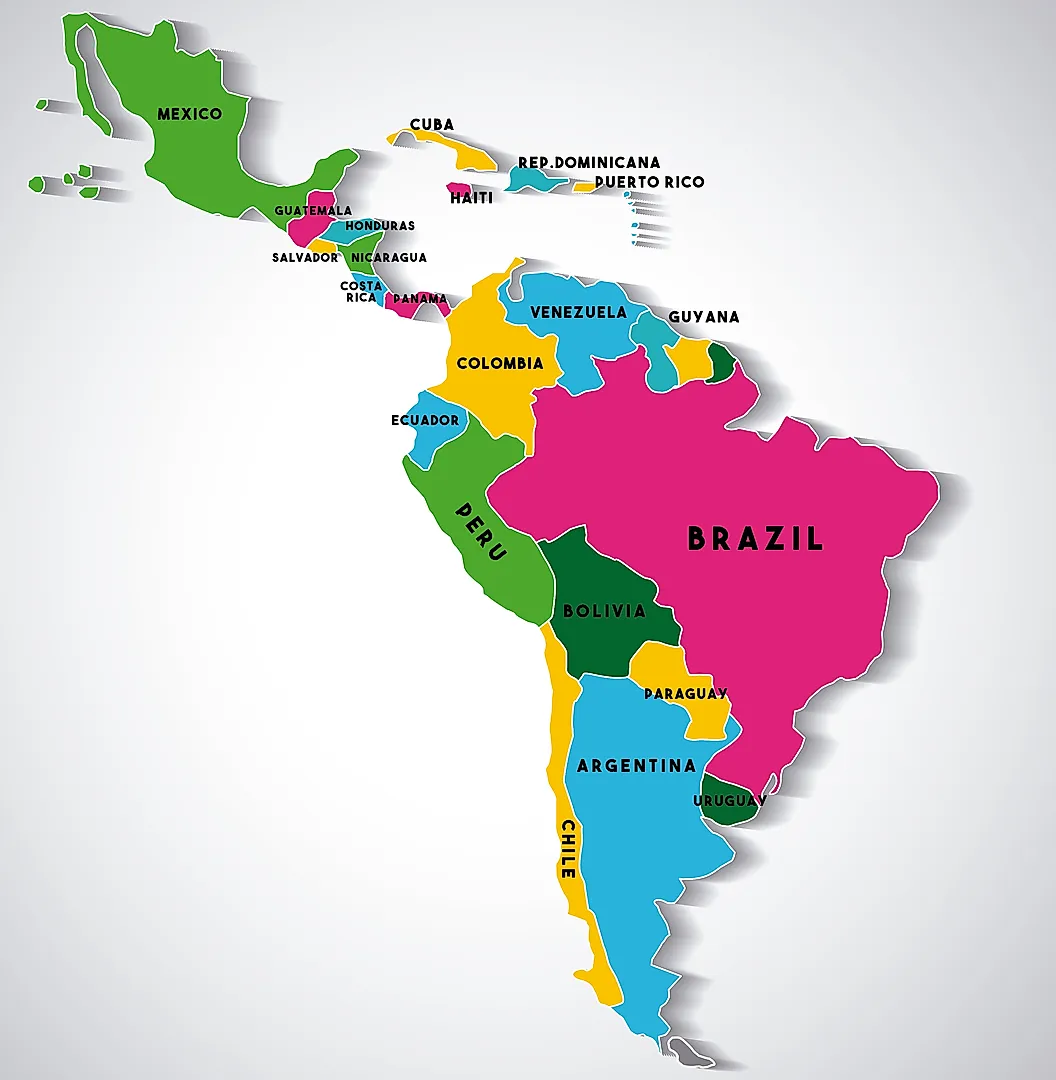Argentinas 2025 national legislative elections are now under way as the country gears up to partially renew both houses of Congress. These midterms will be a pivotal moment for President Javier Milei and his La Libertad Avanza (LLA) party.
Since taking office in December 2023, Milei has made it clear that gaining legislative muscle was necessary to pass reforms on issues such as labor law and pensions. Recent defeats in Congress mean pressure is mounting on the libertarians to strengthen their hand. The Peronist opposition, meanwhile, hopes a good election will help them to stymie Mileis agenda but with the most seats up for renewal, it is the most politically exposed party.
Polling stations, which are located in schools, opened at 8 a.m. across the country and will remain open until 6 p.m. First results are expected by 9 p.m.
There are currently seven LLA senators and 37 deputies. Senators serve for six years and deputies, four years. On Sunday, voters will renew a third of senators (24 out of 72) and half of deputies (127 out of 257). Catamarca, La Rioja, Mendoza, and Santiago del Estero provinces will also hold local elections.
The governments congressional minority has forced it to rely on allies like PRO and other political parties willing to offer critical backing in order to pass laws and insulate presidential vetoes. That strategy, however, has been crumbling in 2025, and the Milei administration has found itself on the losing side of congressional battles that last year it was winning.
As a young party, LLA is bound to come out of the midterms with more lawmakers. The senator seats up for renewal are from 2019, before the libertarian party formally existed. This raises the question of just how many deputies and senators the government would need to win to claim it had won.
Peronism, on the other hand, heads into the election hoping to maintain its legislative presence, since it is the party with the most seats up for renewal (46 out of 98 deputies and 13 out of 24 senators). They stand to gain the most from the government’s mistakes, as a faltering economy and a series of corruption scandals have turned the contest into a referendum on the government.
In August, the government was shaken when Presidency Secretary Karina Milei the presidents sister and other high-ranking public officials were accused of leading a bribery scheme in the national disability agency. The campaign took another hit when Jos Luis Espert, who was the top candidate in Buenos Aires province, resigned after it was revealed that he had received at least US$200,000 from Fred Machado, an Argentine businessman who is being investigated for drug trafficking in the United States and has been extradited there for trial.
LLA won in the Buenos Aires City local elections in May but has performed poorly in every other province, topping it off with a catastrophic 14-point defeat in Buenos Aires province in September that spooked LLA organizers as well as financial markets.
Local elections in four provinces Although 10 provinces held local elections separately from the national midterms (a process known as desdoblamiento), four will elect local authorities and lawmakers on Sunday. While Mendoza and Catamarca will partially renew both local chambers, La Rioja will only vote for deputies. Santiago del Estero will renew its governor and 40 local deputy seats.




